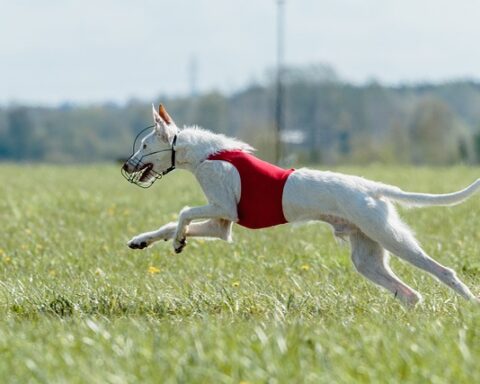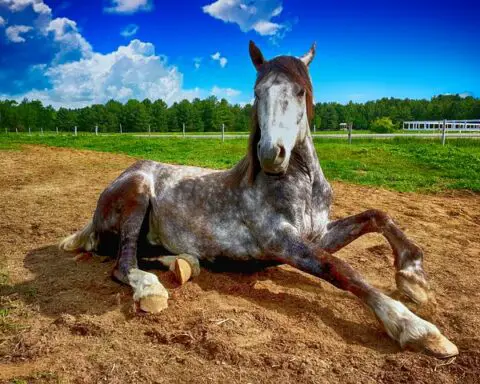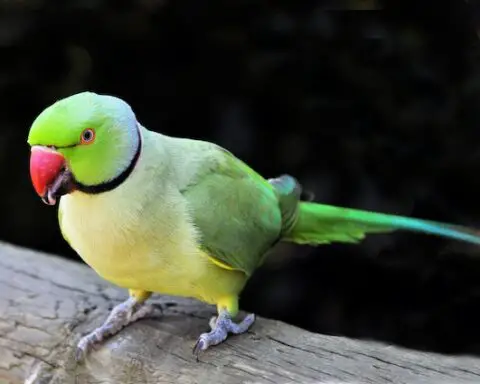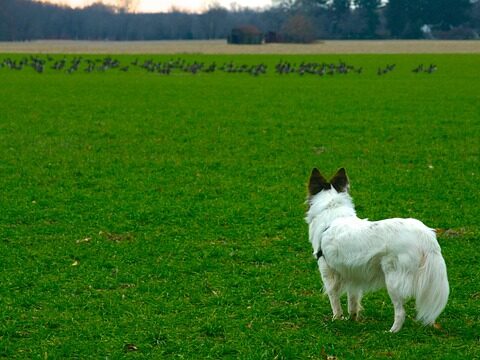If you find a baby bird on the ground and they look to be on their own, then it is important that you act fast. Then again, sometimes if you act at all then you may end up doing the bird more harm than good, so it’s important that you know when to leave the bird alone, and when to intervene.
Finding Baby Birds
Seeing a baby bird on their own is normal. You do not need to be worried at all. Fledgelings are doing what nature intended them to do, and that is to leave the nest on their own a little bit before they can fly. If you try and intervene with a bird like this, then you may end up doing them more harm than good. Remember that just because you cannot see the bird’s mother, does not mean that they are not close by. They could be collecting food or they could be watching you. If you pick up the bird, then you may have them rejected by the parents. The only time you should pick up a fledgeling is if they have obviously been abandoned or if they are injured. If you think there is something wrong with the bird then research the most common bird diseases or injuries so you can provide the appropriate care.
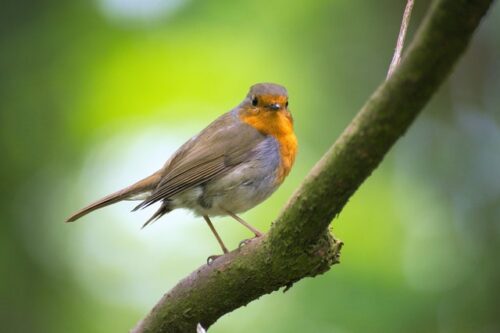
Protective Parents
Some garden birds fledge when they are fully-feathered, but before they can fly. They will often spend a day or two on the ground until they are able to develop their flight feathers. The only exceptions here are swifts, house martins and swallows. They can fly right away, when they leave the nest so you should never see a bird like this on the ground. Of course, tawny owl chicks are very mobile from a very young age, and they can be seen climbing around the nest quite often. If you try and interfere with this bird species’ offspring, then you may find that you get attacked by a very protective parent.
Putting a Bird Back in its Nest
If you see a young bird that has no feathers, but does have a fluffy down and you know that it has absolutely fallen out of a nest then it is possible for you to put it back. It’s vital that you only do this if you are sure which nest it has come from and if it appears friendly. If a mother bird senses that there is something wrong with one of their young or if they know that it is dying then they will eject it from the nest so that they can expend more energy looking after some of the younger birds. if you cannot return it to the nest then you need to pass it onto an expert rehabilitator as soon as you can. If you know that the young bird has a covering of feathers, then it will have left the nest on purpose and therefore does not need any kind of interference.
Is the Bird in Danger?
Removal of a fledgeling from the wild reduces its chances of survival. It’s the worst thing that you can do. A fledgeling should be left in the care of its parents. If you know that the bird is in the middle of a road or in an exposed location, then it makes sense to move it. Birds have a very poor sense of smell so handling the bird should not be an issue, but you need to place it so it is in earshot of the original location so the mother can find it.

